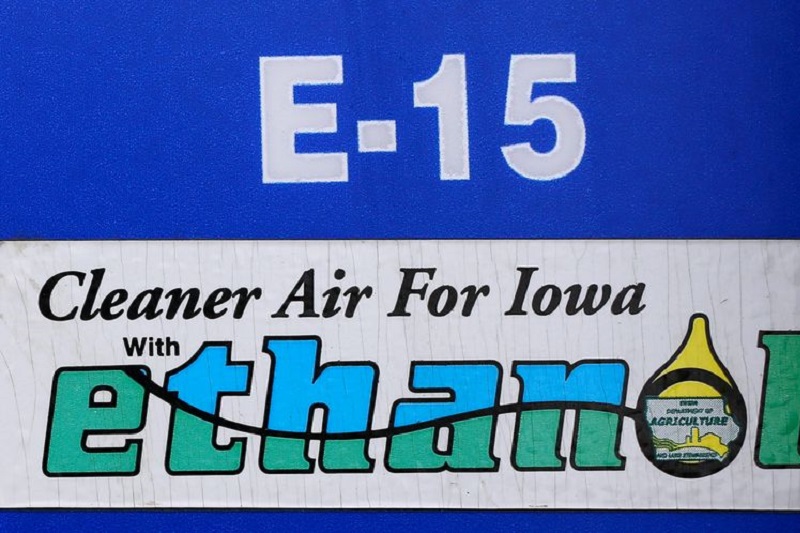By Leah Douglas
WASHINGTON (Reuters) – The ethanol and corn industries on Thursday slammed an advisory board to the U.S. Environmental Protection Agency for a draft report that found there could be little climate benefit to using corn-starch ethanol as a fuel, compared with gasoline.
The question of exactly how much ethanol cuts emissions over gasoline has divided academics and has created a split in the administration of President Joe Biden over implementation of a tax credit for sustainable aviation fuel.
A working group of the EPA’s Science Advisory Board (SAB) concluded in an August draft report that there is “a reasonable chance there are minimal or no climate benefits from substituting corn ethanol for gasoline or diesel.”
At a public meeting in Washington, D.C., on Thursday, the full SAB discussed the report and took public comments, including from industry groups.
“We adamantly disagree,” said Geoff Cooper, CEO of the Renewable Fuels Association, citing findings by the Department of Energy’s Argonne National Laboratory that ethanol is 44% lower in emissions than gasoline.
“We encourage the SAB to conduct a more expansive and inclusive examination.”
Chris Bliley, senior vice president of regulatory affairs at Growth Energy, a biofuels lobby group, said the draft comment “cherry picks certain data from a few anti-ethanol critics.”
Neil Caskey, CEO of the National Corn Growers Association, said the science showing ethanol’s climate benefits over gasoline is settled.
Members of the SAB working group said new studies suggest ethanol may be less climate-friendly than previously thought and EPA should conduct further research.
“This is not a settled issue in my mind,” said Peter Thorne, professor of public health at the University of Iowa and a member of the working group.
The full board voted to accept the draft report pending revisions. Some suggested revisions included softening the report’s language and clarifying specific uncertainties in the scientific literature.
Read the full article here




